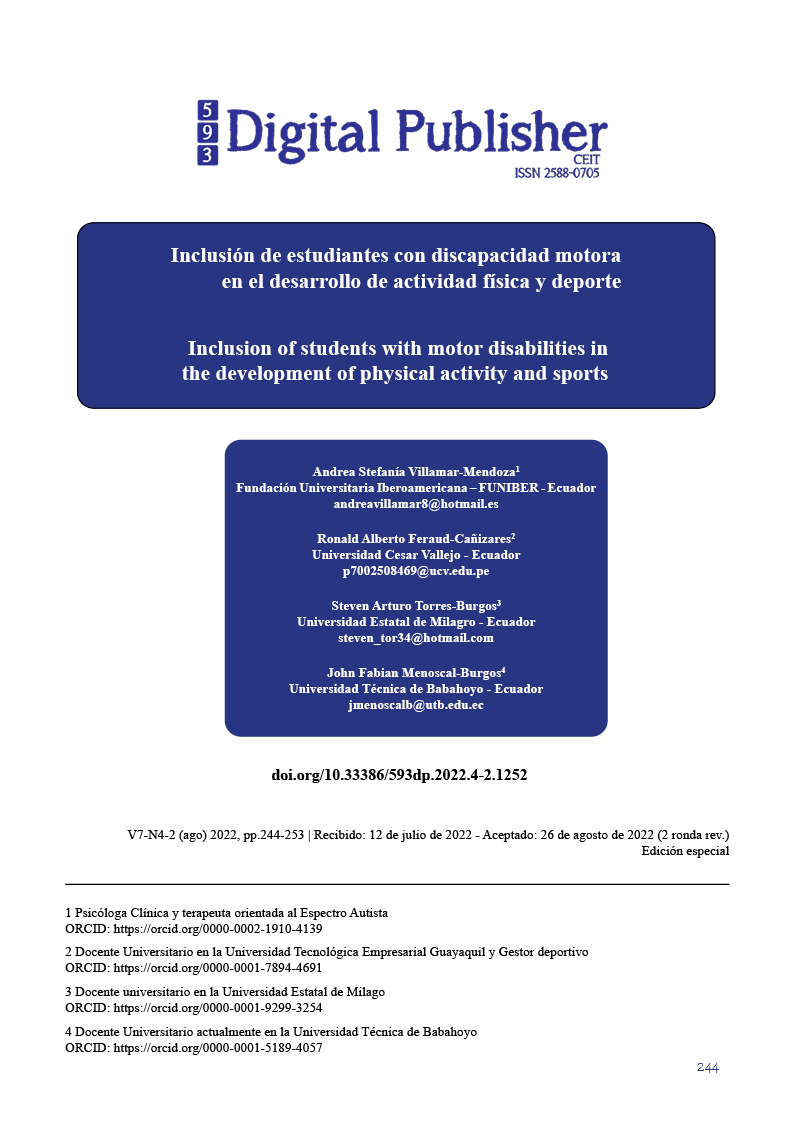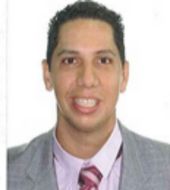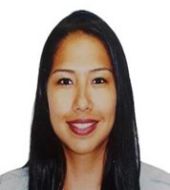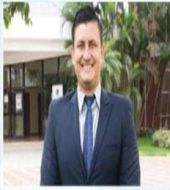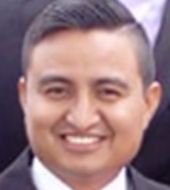Inclusion of students with motor disabilities in the development of physical activity and sports
Main Article Content
Abstract
The objective of this research is to analyze the inclusion of students with motor disabilities in the development of physical activity and sports. The research methodology was based on a documentary design. As results and conclusion, it was obtained that the educational inclusion of people with SEN allows the strengthening of all the people involved, both the peers without SEN and the teachers. Each group acquires knowledge of another and thus knowledge is formed, but above all solidarity and respect for others. However, the reality is different in some societies. When the insertion of students with this type of difficulties has been applied, many teachers have not yet lived this experience, they have not been trained to work with students with motor disabilities, so they do not use techniques and pedagogical strategies to work with them. . In this situation are the teachers of Physical Activity and Sports, who do not have the pedagogical development to involve people with motor disabilities in the evaluation activities of the subject, generating collateral effects of exclusion and rejection. It is necessary that the policies and mechanisms are aimed at strengthening the academic development of teachers in their training and in those who require training. It is important that teachers are involved in the development and training of all students with or without SEN.
Downloads
Article Details

This work is licensed under a Creative Commons Attribution-NonCommercial-ShareAlike 4.0 International License.
1. Derechos de autor
Las obras que se publican en 593 Digital Publisher CEIT están sujetas a los siguientes términos:
1.1. 593 Digital Publisher CEIT, conserva los derechos patrimoniales (copyright) de las obras publicadas, favorece y permite la reutilización de las mismas bajo la licencia Licencia Creative Commons 4.0 de Reconocimiento-NoComercial-CompartirIgual 4.0, por lo cual se pueden copiar, usar, difundir, transmitir y exponer públicamente, siempre que:
1.1.a. Se cite la autoría y fuente original de su publicación (revista, editorial, URL).
1.1.b. No se usen para fines comerciales u onerosos.
1.1.c. Se mencione la existencia y especificaciones de esta licencia de uso.
References
Castillo-Paredes, A. (2022). La formación del profesor de Educación Física en las Necesidades Educativas Especiales, hacia la reflexión y la acción, desde acuerdos internacionales y Leyes en Chile. Retos(44 ), 709-715. Obtenido de https://recyt.fecyt.es/index.php/retos/article/view/91283
CONADIS. (Abril de 2021). Total de personas con discapacidad registradas en el registro nacional de discapacidad de Ecuador. Recuperado el 26 de Mayo de 2021, de Consejo Nacional para la Igualdad de Discapacidades: https://www.consejodiscapacidades.gob.ec/estadisticas-de-discapacidad/
González, M. J. (2017). La educación intercultural: un camino hacia la inclusión educativa. Revista de educación inclusiva, 6(2), 144-159. Obtenido de https://revistaeducacioninclusiva.es/index.php/REI/article/download/186/180
Guasp, J. J., Ramón, M. R., & De la Iglesia Mayol, B. (2016). Buenas prácticas en educación inclusiva. Educatio siglo XXI, 34, 31-50. Obtenido de https://revistas.um.es/educatio/article/view/252521/191611
Idrogo, W. (2019). Axiología en los deportes en educación. Jaen, Perú: Trabajo de grado para optar al título de Segunda Especialidad Profesional de Educación Física de la Universidad Nacional de Tumbes. Obtenido de http://repositorio.untumbes.edu.pe/bitstream/handle/20.500.12874/1602/IDROGO%20SOLANO%2C%20WILMER.pdf?sequence=1&isAllowed=y
Lancheros, D. J., Ramos, A. C., & Lara, J. L. (2011). Modelo de adaptación en ambientes virtuales de aprendizaje para personas con discapacidad. Avances en sistemas e informática, 8(2), 17-30. Obtenido de https://revistas.unal.edu.co/index.php/avances/article/view/26722
Ministerio de Educación. (2013). Normativa de estudiantes con necesidades educativas especiales. Quito, Ecuador: Acuerdo Ministerial 295. Obtenido de https://www.gob.ec/sites/default/files/regulations/2018-10/Documento_NORMATIVA%20DE%20ESTUDIANTES%20CON%20NECESIDADES%20EDUCATIVAS%20ESPECIALES.pdf
Muñoz, C. I. (2015). Metodología de la investigación. México, D.F.: Oxford University Press México, S.A. de C.V.
Ocampo, A. (2019). Contornos teóricos de la educación inclusiva. Centro de Estudios Latinoamericanos de Educación Inclusiva (CELEI). Obtenido de https://dialnet.unirioja.es/servlet/articulo?codigo=7528232
Padrós, N. (s/f). La teoría de la inclusión: entre el desarrollo científico y la casualidad cotidiana. Obtenido de https://www.google.com/url?sa=t&rct=j&q=&esrc=s&source=web&cd=&ved=2ahUKEwjns9SN3uTwAhUtRTABHajxBhEQFjAJegQIAhAD&url=https%3A%2F%2Fdialnet.unirioja.es%2Fdescarga%2Farticulo%2F2962540.pdf&usg=AOvVaw3TxpPCGVlXGAMlP8-pGxt4
Pagaza, M. V. (2018). La educación inclusiva: compromiso de una sociedad. Educación, 24(1), 15-23. Obtenido de http://revistas.unife.edu.pe/index.php/educacion/article/view/1311/1271
Pegalajar Palomino, M. D., & Colmenero Ruiz, M. D. (2017). Actitudes y formación docente hacia la inclusión en Educación Secundaria Obligatoria. Revista electrónica de investigación educativa, 19(1), 84-97. Obtenido de http://www.scielo.org.mx/pdf/redie/v19n1/1607-4041-redie-19-01-00084.pdf
Plata, G. (2019). Ecuador apuesta por la inclusión. Recuperado el 26 de Mayo de 2021, de https://www.iadb.org/es/mejorandovidas/ecuador-apuesta-por-la-inclusion
Ramírez, W. Á. (2017). La inclusión: una historia de exclusión en el proceso de enseñanza-aprendizaje. Cuadernos de Lingüística Hispánica n°. 30, 211-230. Obtenido de http://www.scielo.org.co/pdf/clin/n30/0121-053X-clin-30-00211.pdf
Requenes, M. d. (2021). Estrategias metodológicas para desarrollar procesos cognitivos básicos en estudiantes con necesidades educativas especiales del Colegio Pindal, Loja – Ecuador, 2020. Piura, Perú: TRabajo de grado para optar al título de Maestra en Administración de la Educación de la Universidad César Vallejo. Obtenido de https://repositorio.ucv.edu.pe/bitstream/handle/20.500.12692/61067/Requenes_GMDC-SD.pdf?sequence=1
Ruscalleda, P. D., Fité, M. L., & Vicente, P. L. (2008). PROPUESTA DE FORMACIÓN AL PROFESORADO EN EL CONTEXTO DE LA UNIVERSIDAD INCLUSIVA. V Congreso Internacional de Psicología y Educación: Los retos del futuro. Obtenido de https://www.researchgate.net/profile/Llinares_Montserrat/publication/235636360_propuesta_de_formacion_al_profesorado_en_el_contexto_de_la_universidad_inclusiva/links/0912f5122543e228f3000000/propuesta-de-formacion-al-profesorado-en-el-contexto-de-la-unive
Sánchez, P. A. (2012). Escuelas eficaces e inclusivas: cómo favorecer su desarrollo. Educatio siglo XXI, 30(1), 25-44. Obtenido de https://revistas.um.es/educatio/article/view/149121/132111
Villón, A., & Valverde, K. (2019). La educación especial en la realidad ecuatoriana del siglo XXI. Congreso Internacional de Ciencias Pedagógicas de Ecuador. Instituto Superior Tecnológico Bolivariano de Tecnología. Obtenido de https://www.pedagogia.edu.ec/public/docs/205d4423d4c9d8da1cd91a384fe5ffd3.pdf

